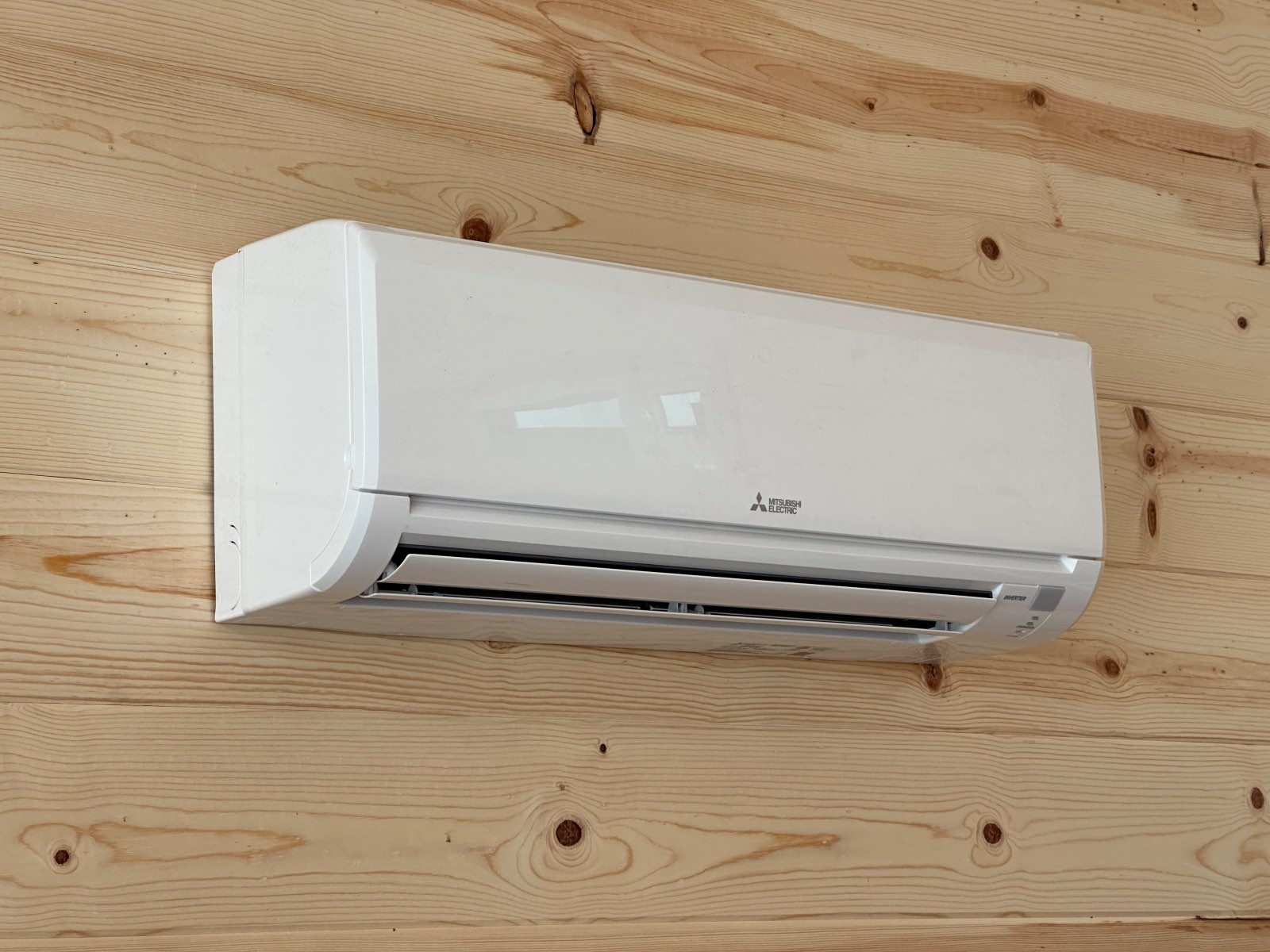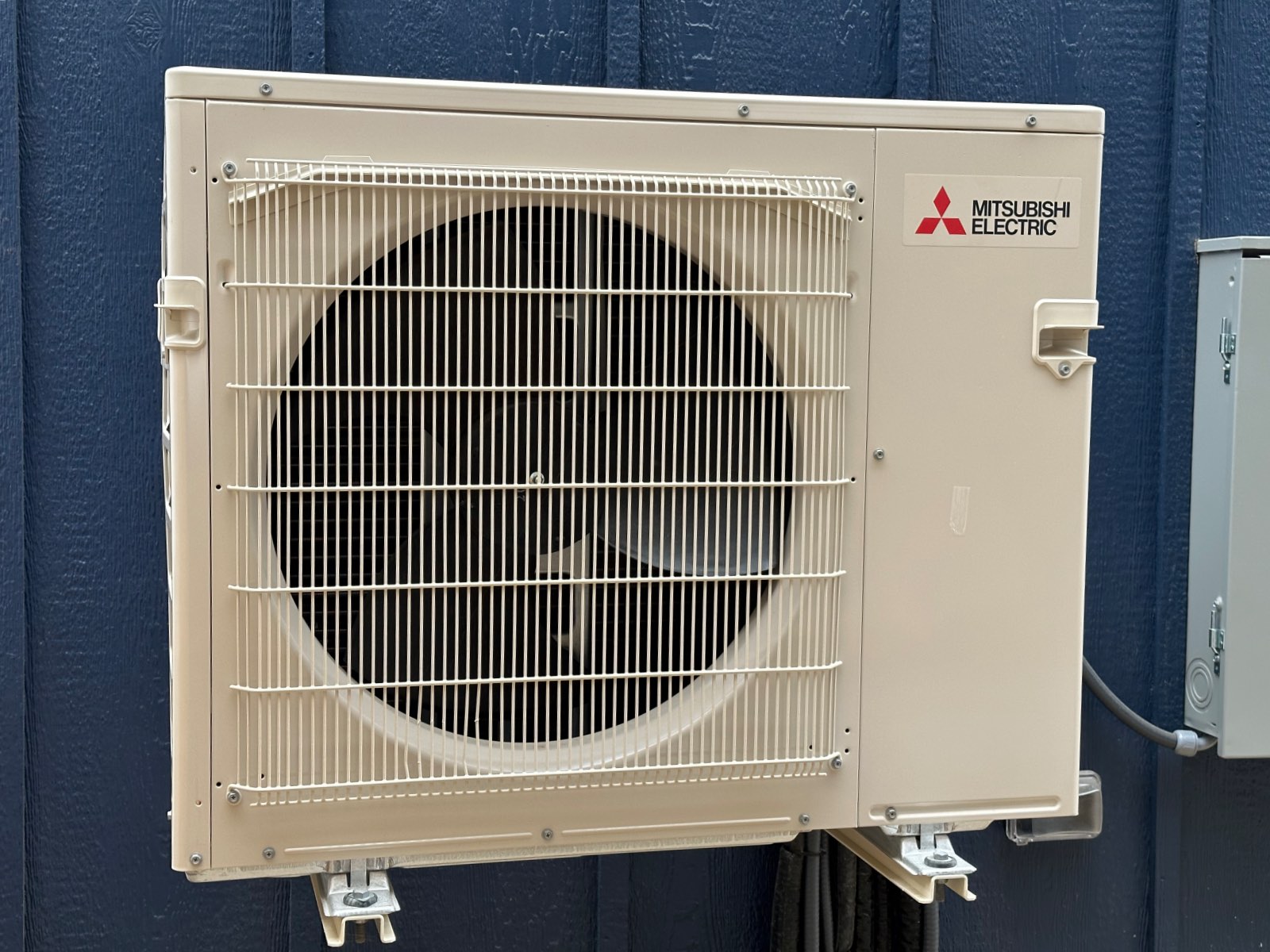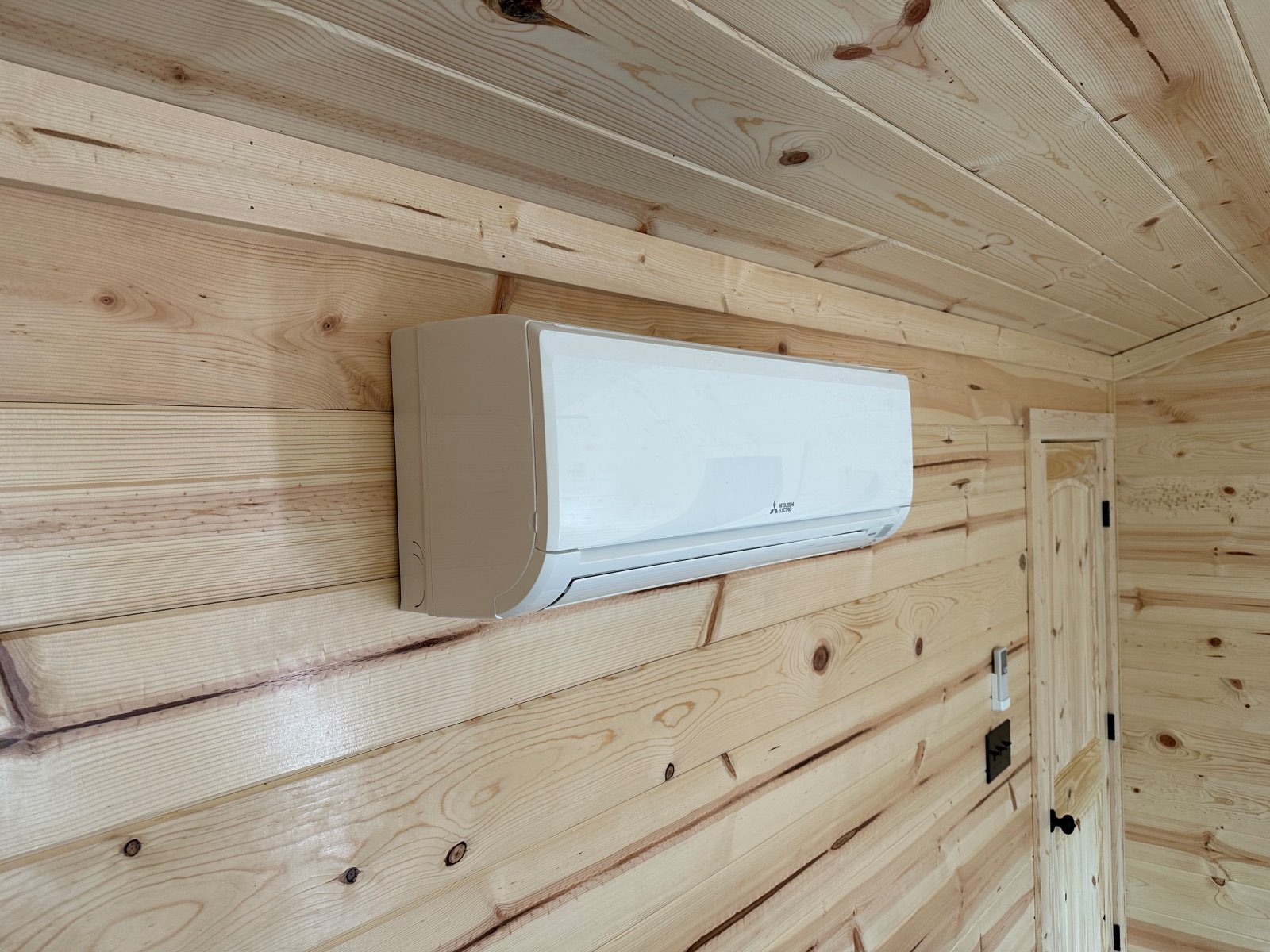If you have a mini split in your home, you already know it is a great AC system. Min splits allow multi-zone cooling, and are more efficient and quieter than other air conditioning systems. However, like most appliances, they require regular maintenance to keep them at peak performance and ensure longevity and maximum efficiency.
Regular mini-split maintenance is a great way to keep your system running effectively and catch minor concerns before they turn into more significant and costly repairs. It also avoids dreaded breakdowns during peak use, such as the summer and winter seasons. The good news is you can perform considerable maintenance for your mini split yourself. However, should you run into deeper issues, you should consider contacting a professional to assess the needs of your mini-split system.
Why is Maintenance Important?
While your mini split system is ductless, in many ways, it is still similar to a traditional ducted system of forced air. Therefore, your mini-split system still requires annual service, inspection, and cleaning. Regular maintenance ensures your system provides the comfort you expect efficiently.
A mini-split system needs free air circulation around the internal and external components for maximum efficiency. Over time, this circulation can be interrupted or blocked by a host of things, from regular dust and dirt to household objects, shrubs, and yard debris that can block the outdoor unit. Regular maintenance ensures free-flowing air is available and your mini split can “breathe” efficiently.

Maintenance You Can Provide
There is some essential maintenance and care you can do yourself for your mini split system. However, you should only perform these tasks if you feel comfortable doing so. You should contact a professional if it is outside of your comfort zone.
Case cleaning
It would be best if you cleaned the cabinet of your unit inside your home. You can use a small vacuum or dry cloth to remove dirt and dust. This prevents it from accumulating on the unit.
Filter check
Every month to a month and a half, you should look at the indoor unit’s filter. You want to inspect and clean it based on the manufacturer’s recommendations. Always make sure you turn off the system before you open the cabinet.
You can open the cabinet and vacuum the inside when the unit is off. You could also use a dry cloth if you do not have a small vacuum.

Outdoor unit check
You want to check the outside unit regularly. You should remove any leaves or debris that collects around the base of the cabinet. If there are bushes or shrubs near the unit, you want to keep those trimmed back and away from the unit.
Coil and fin cleaning
Once you turn off the power to the unit, check the coils for dirt and debris. You want to keep in mind that the fins are delicate. You can use a hose to clean the coils, but do not use a high-pressure nozzle. You want to ensure the unit is dry before turning it back on.

When to Call a Professional
There will be times when your mini-split system requires more than regular maintenance. Therefore, you should consider calling a professional if you notice specific signs.
If you see that the coils are freezing or there is ice build-up, you should have a professional assess the system. Likewise, if there is significant condensation around the unit, you may require professional services.
If any of the parts appear broken or seem off and you do not know how to repair them, do not hesitate to contact a service professional for assistance.
You should have it inspected when new or weird sounds come from either unit. If you notice no air or less air coming from the unit, you should seek professional help.
What to Expect From a Professional
When you contact a professional to clean your mini split system, you can expect them to inspect, clean, and replace air filters. In addition, they will clean all the parts that can be removed, along with the evaporator coil and fan on the inside unit.
Professionals often use a commercial coil cleaner and then rinse it. They will also clean the condensing unit and coil on the outdoor unit. They may apply a product that prevents build-up on the coils. Other components like mounting hardware, refrigerant lines, and connections are inspected.
Final Thoughts
A mini-split system can save you money on your energy bills because of how efficient they are. While they tend to be more expensive up front, they have more significant savings after installation.


